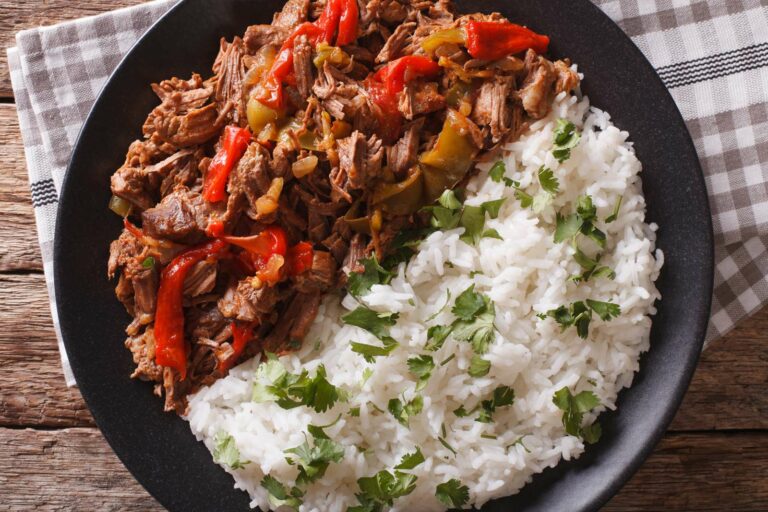Introduction: Street Food in Congo
Street food is an important aspect of the culinary culture in Congo. It serves as a source of livelihood for many people, as well as a convenient and affordable food option for customers. Street food vendors sell a variety of food items, including grilled meat, fried snacks, and traditional dishes. However, the safety and hygiene of street food can be a concern, particularly in a developing country like Congo.
The Importance of Hygiene in Street Food
Ensuring hygiene in street food is crucial to prevent the spread of foodborne illnesses. Poor hygiene practices can lead to contamination of food with harmful bacteria, viruses, and parasites, which can cause diarrhea, vomiting, and other illnesses. Moreover, consumers who are already vulnerable, such as children and the elderly, are at a greater risk of developing severe health complications from foodborne illnesses. Therefore, it is essential to maintain high hygiene standards in street food to guarantee the safety of consumers.
Hygiene Standards in Congo
The Ministry of Health in Congo has established hygiene standards for street food vendors to follow. The standards cover various aspects of food handling, preparation, storage, and transportation. For instance, vendors are required to use clean and potable water for cooking and cleaning utensils. They are also expected to have proper handwashing facilities and to wear clean clothing and gloves while handling food. Additionally, vendors must ensure that their cooking equipment and utensils are thoroughly cleaned and sanitized regularly.
Food Handling and Preparation Practices
Street food vendors in Congo are expected to follow safe food handling and preparation practices to prevent contamination. For instance, they should use separate cutting boards and knives for raw and cooked meat to avoid cross-contamination. They should also cook food thoroughly, especially meat, to kill harmful bacteria. Moreover, vendors should avoid reusing oil for frying, as it can become rancid and contaminated with bacteria.
Storage and Transportation of Street Food
The storage and transportation of street food also play a crucial role in maintaining hygiene standards. Vendors must store food at safe temperatures to prevent bacterial growth. They should also use clean and covered containers to transport food from their preparation site to the selling site. Additionally, vendors should avoid placing food on the ground or in other unsanitary locations.
Monitoring and Enforcement of Hygiene Standards
The government of Congo is responsible for monitoring and enforcing hygiene standards in street food. Local health authorities conduct regular inspections of food vendors to ensure compliance with hygiene standards. Vendors found to violate the standards may face fines or have their licenses revoked. Moreover, consumers can report any concerns about the hygiene of street food to the authorities.
Common Foodborne Illnesses in Congo
Some of the common foodborne illnesses in Congo include cholera, typhoid fever, and diarrhea. These illnesses can be caused by consuming contaminated food or water. Symptoms may include abdominal pain, fever, nausea, and vomiting. Consumers should seek medical attention if they experience any of these symptoms after consuming street food.
Conclusion: Ensuring Safe Street Food in Congo
Hygiene standards play a critical role in ensuring safe street food in Congo. It is essential for vendors to follow safe food handling and preparation practices, as well as proper storage and transportation methods. The government must also monitor and enforce hygiene standards to protect consumers from foodborne illnesses. By working together, vendors and authorities can provide safe and delicious street food options for consumers in Congo.










